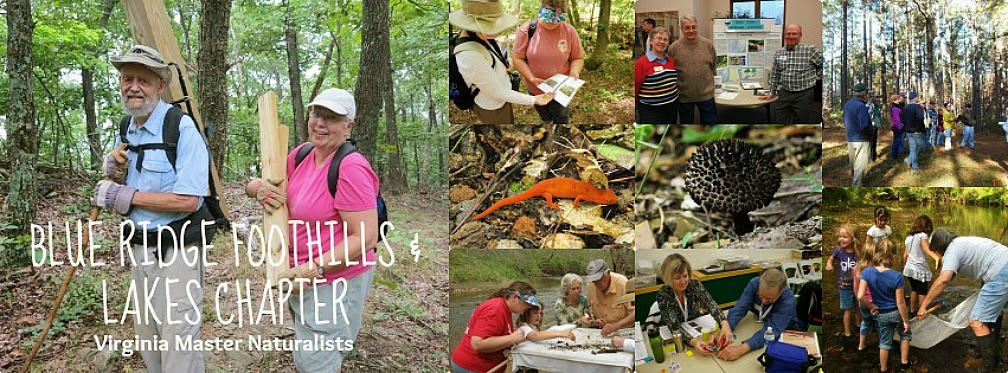The Environmental Protection Agency has granted an exemption for the pesticide Dinotefuran to control stink bugs on certain fruit crops in Virginia. Here is a press release from the Office of the Secretary of Agriculture and Forestry of Virginia.
RICHMOND – Secretary of Agriculture and Forestry Todd Haymore today announced that the U.S. Environmental Protection Agency (EPA) has granted an emergency exemption to use the pesticide Dinotefuran to control the Brown Marmorated Stink Bug (BMSB) on stone and pome fruits in Virginia. The Virginia Department of Agriculture and Consumer Services (VDACS) requested the emergency exemption in April 2011 as a way to help combat the pests, commonly referred to as “stink bugs” due to the odor they emit, which have caused significant damage to agricultural crops in recent years.
Section 18 of the Federal Insecticide, Fungicide and Rodenticide Act authorizes EPA to allow an unregistered use of a pesticide for a limited time if EPA determines that an emergency condition exists. Congressmen Frank Wolf and Robert Hurt indicated support of the emergency exemption request because it would provide growers in their districts and others in the state another tool to control and minimize the damage caused by stink bugs. VDACS requested an expedited review in order to obtain an exemption for the current growing season.
“Agriculture is Virginia’s largest industry and our fruit products are known domestically and abroad for their exceptionally high quality and outstanding taste,” said Secretary Haymore. “These pests are causing our producers economic losses and damaging the state’s reputation in the marketplace, so I am grateful that the EPA handled our exemption request in an expedited manner. I also want to thank Congressmen Wolf and Hurt for their efforts to address this issue.”
Farmers have been concerned about the devastation caused by the stink bugs to apples, peaches and grapes.
According to apple industry statistics, the pest caused approximately $37 million in damage to Virginia’s apple crop in 2010. Some experts worry that the pest could spread to cotton, soybeans and corn, major crops in Virginia. Feeding on tree fruits results in a characteristic distortion referred to as “cat facing” that renders the fruit unmarketable as a fresh product. The pests’ natural range is southeastern Asia and, although birds, bats, and spiders do eat them, stink bugs have no natural predators in the United States.
According to apple industry statistics, the pest caused approximately $37 million in damage to Virginia’s apple crop in 2010. Some experts worry that the pest could spread to cotton, soybeans and corn, major crops in Virginia. Feeding on tree fruits results in a characteristic distortion referred to as “cat facing” that renders the fruit unmarketable as a fresh product. The pests’ natural range is southeastern Asia and, although birds, bats, and spiders do eat them, stink bugs have no natural predators in the United States.
The EPA emergency exemption went into effect on June 24, 2011 and is effective until October 15, 2011. It allows application of two registered products to combat the Brown Marmorated Stink Bug, Venom Insecticide and Scorpion 35SL. A maximum of 29,000 acres may be treated under the exemption to stone fruit (peaches, nectarines) and pome fruit (apples, pears and other fruits with a thickened outer fleshy layer and a central seed core). Wine grapes, certain vegetables, and cotton may already be treated with these products and do not count against the acreage in the exemption. Special application instructions apply to help reduce risk to pollinators.
As always BRFAL Chapter of Virginia Master Naturalist wants you to get outside, explore and learn something new today. Get involved in something cool! Learn more about the Virginia Master Naturalist program here

wow, that is a very close look of stink bugs, that is looks like a spider.
ReplyDelete